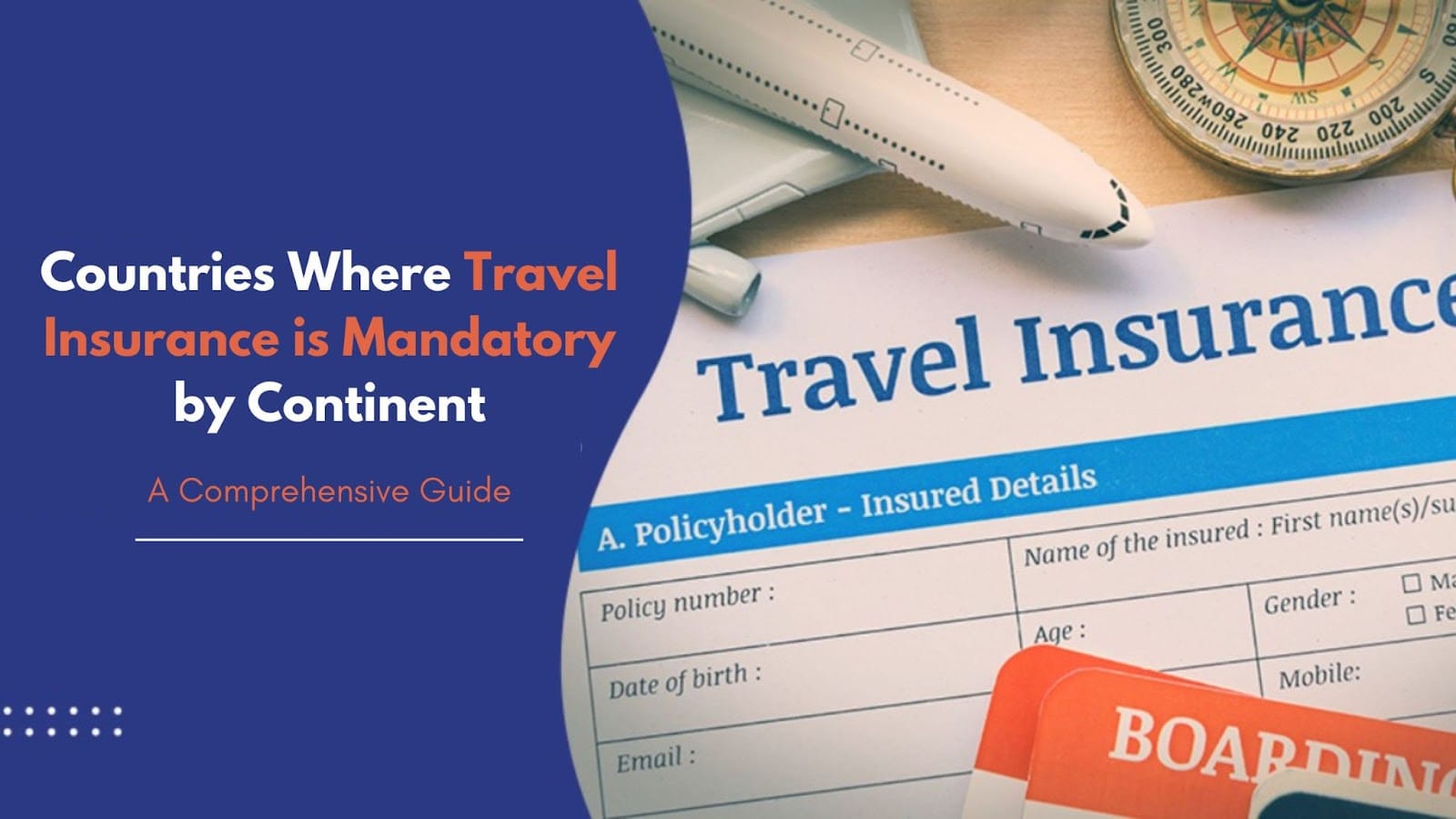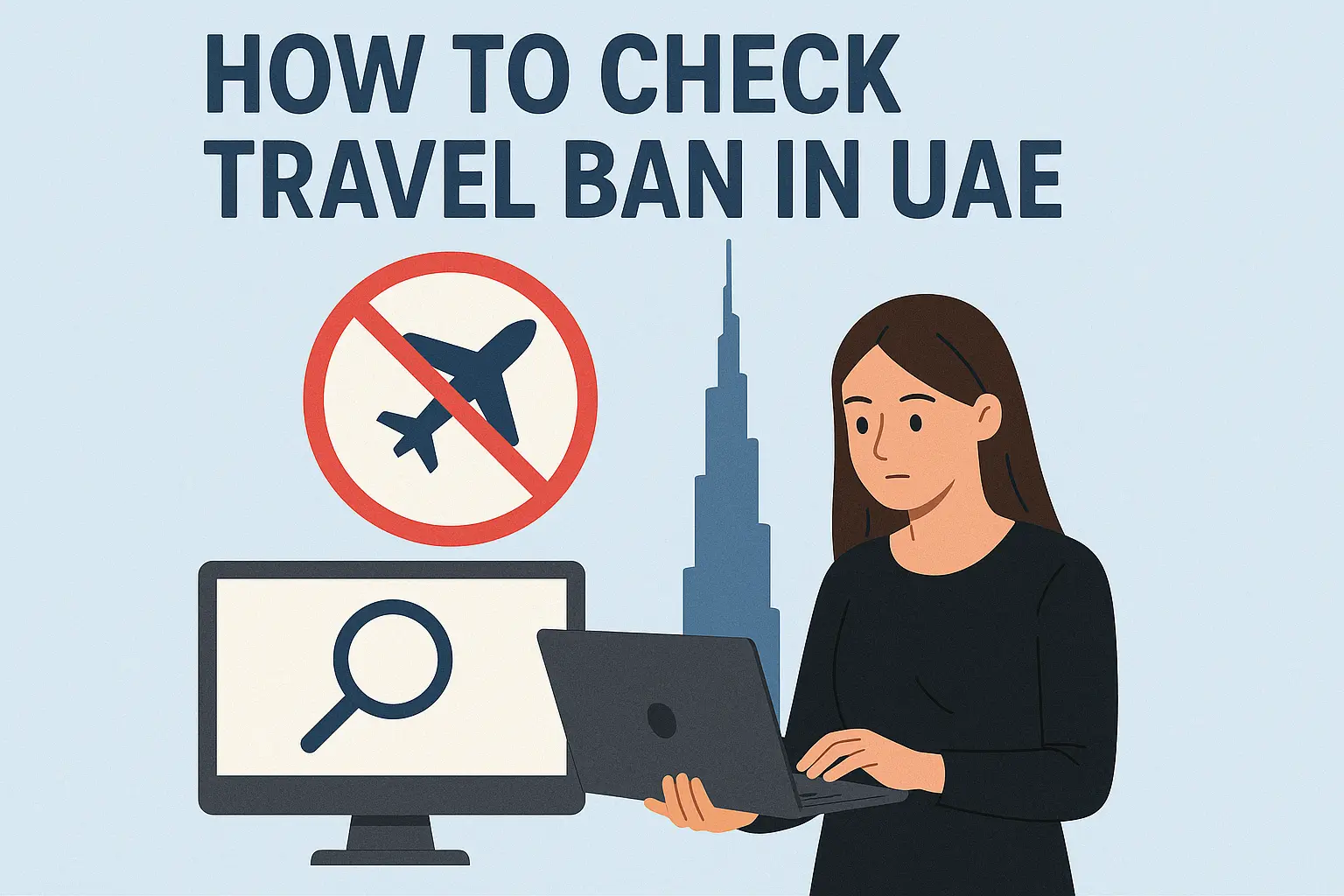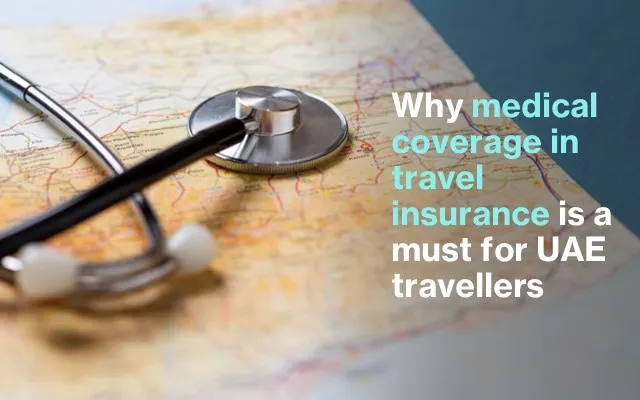When planning international travel, it’s important to consider the legal requirements of your destination, including the need for travel insurance. Several countries have made travel insurance mandatory, often including specific coverage amounts and conditions related to medical expenses and repatriation.
Here’s an extensive list of countries categorized by continent that require travel insurance for entry:
Europe
- Schengen Area: All 26 countries in the Schengen Zone mandate travel insurance for visitors. This insurance must cover medical emergencies and repatriation expenses with a minimum coverage of €30,000.
- Russia: Requires all travelers to have valid travel medical insurance for the duration of their stay.
- Turkey: Medical insurance that covers the duration of the stay is necessary for entry.
Asia
- Thailand: Strongly advises tourists to possess travel insurance, particularly covering COVID-19.
- Singapore: Travelers who are not fully vaccinated are required to have travel insurance with minimum coverage for COVID-19 related medical treatment costs.
- Nepal: Travel insurance covering health, immediate crisis, or rescue is mandatory for the duration of the visit.
- Vietnam: All visitors must show proof of medical insurance that includes coverage for COVID-19 treatment up to a minimum of $10,000.
Americas
- Cuba: All visitors must have health insurance that covers medical emergencies and repatriation.
- Ecuador: Tourists are required to have health insurance covering their entire stay.
- Aruba: Requires tourists to purchase a health insurance plan from the Aruban government that covers up to $75,000 in medical expenses, except for those transiting the same day.
Africa
- Egypt: All foreigners must have medical travel insurance for the length of their stay.
- Seychelles: Visitors must have travel insurance covering the full duration of their trip.
Middle East
- United Arab Emirates: U.S. residents need proof of travel insurance for stays exceeding 30 days.
- Jordan: Requires all non-nationals to have a medical travel insurance policy that includes coverage for COVID-19.
Oceania
- French Polynesia: Visitors must show proof of travel insurance along with a negative PCR test taken within 72 hours of traveling.
- Fiji: Mandates all visitors to have travel insurance covering COVID-19 related incidents.
- Antarctica: Although not a country, travel insurance with a minimum of $100,000 covering evacuation and medical expenses is often required depending on the tour operator and itinerary.
Travel insurance requirements can vary greatly depending on the destination, including factors such as local laws, health concerns, and the political climate.
Here’s a detailed look at travel insurance requirements and recommendations for various destinations including Canada, the US, the UK, sanctioned countries, other Middle Eastern countries, and popular African safari destinations:
Travel to Canada and the United States
- Canada: While Canada does not mandate travel insurance for entry, it is highly recommended due to the high cost of healthcare. Travel insurance that covers health, accidents, and repatriation can help mitigate unexpected medical expenses.
- United States: Similar to Canada, the US does not require travel insurance for entry. However, given the extremely high cost of medical care in the U.S., it is advisable to have comprehensive travel insurance that includes health coverage and emergency repatriation.
Travel to the United Kingdom
- United Kingdom: The UK does not require travel insurance for tourists. However, with no access to the National Health Service (NHS) for tourists without charge, travel insurance with medical coverage is recommended to cover potential medical costs.
Travel to Sanctioned Countries
Travel to sanctioned countries (such as Iran, North Korea, and parts of Syria) requires careful consideration:
Comprehensive travel insurance is crucial as these regions may have limited medical facilities and complex political laws.
Many regular insurance policies might exclude coverage for travel to sanctioned countries, so it’s important to purchase a policy specifically designed for high-risk destinations which usually includes coverage for emergency evacuation.
Travel to Other Middle Eastern Countries
- Middle Eastern Countries: Specific requirements can vary:
- UAE: Travel insurance is mandatory for visitors applying for a visa that lasts more than 30 days.
- Saudi Arabia: Health insurance that covers COVID-19 is required for all visitors.
For other countries like Qatar or Bahrain, while travel insurance isn’t mandatory, it’s recommended due to varying healthcare standards and the potential high cost of medical services.
Travel to Africa for Safari Tours
African Safari Destinations: Countries like Kenya, Tanzania, and South Africa do not generally mandate travel insurance but given the nature of safari tours, it is strongly advised:
Policies should cover activities like game drives and potential risks from wildlife.
It should also include medical evacuation, which is crucial in remote safari locations where medical facilities might be scarce.
When planning your trip, it’s always best to consult the embassy or official government website of your destination country to get the most current information regarding travel insurance requirements.
This extensive list provides a snapshot of the global landscape regarding mandatory travel insurance requirements. As these regulations can change, it’s crucial to check the latest guidelines from official government or embassy websites of the destination country before traveling.
Additionally, platforms like InsuranceMarket.ae can help you find the right travel insurance tailored to the specifics of your destination and the nature of your trip. This ensures that you are not only compliant with local laws but also protected against potential risks.







